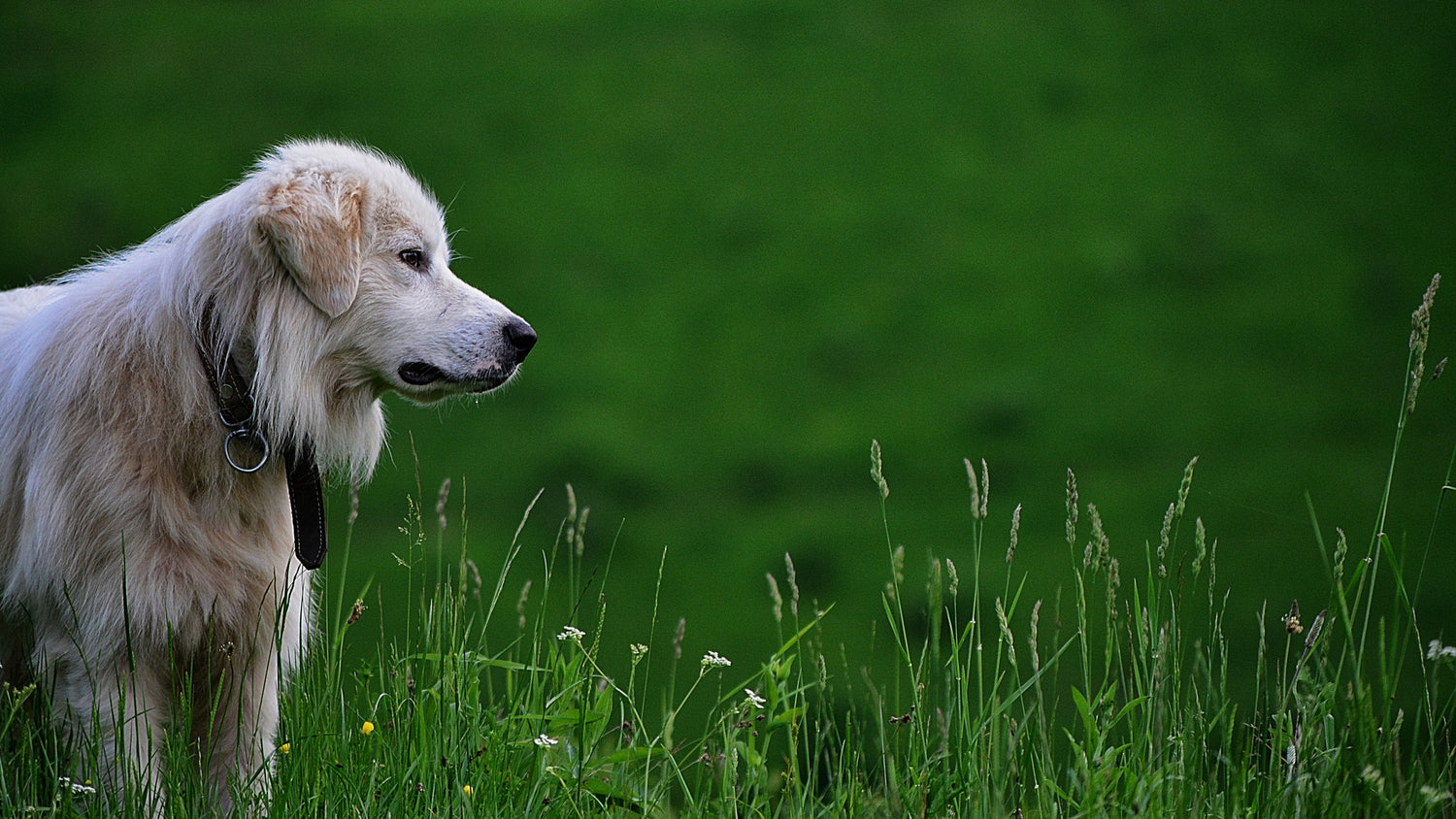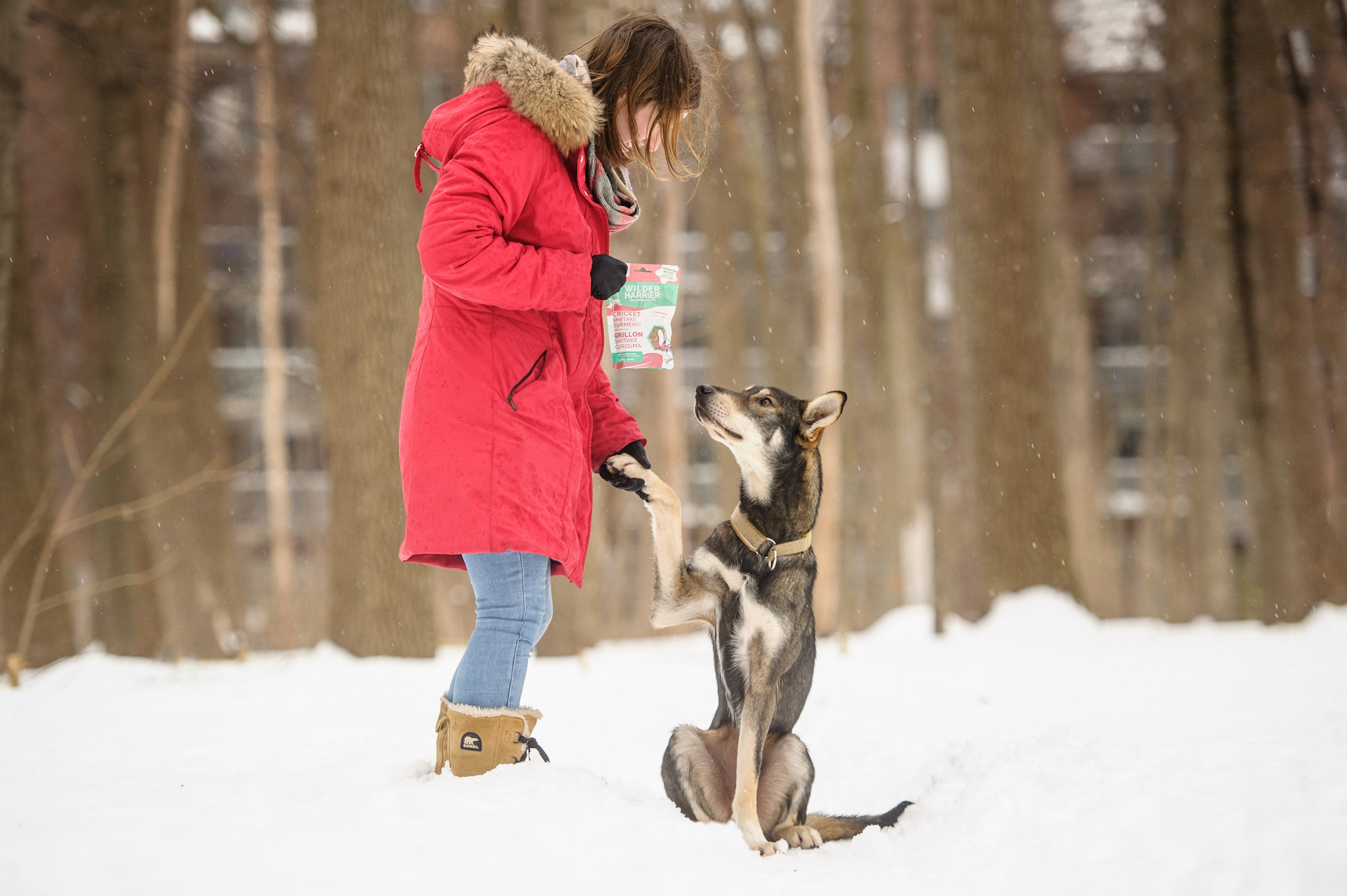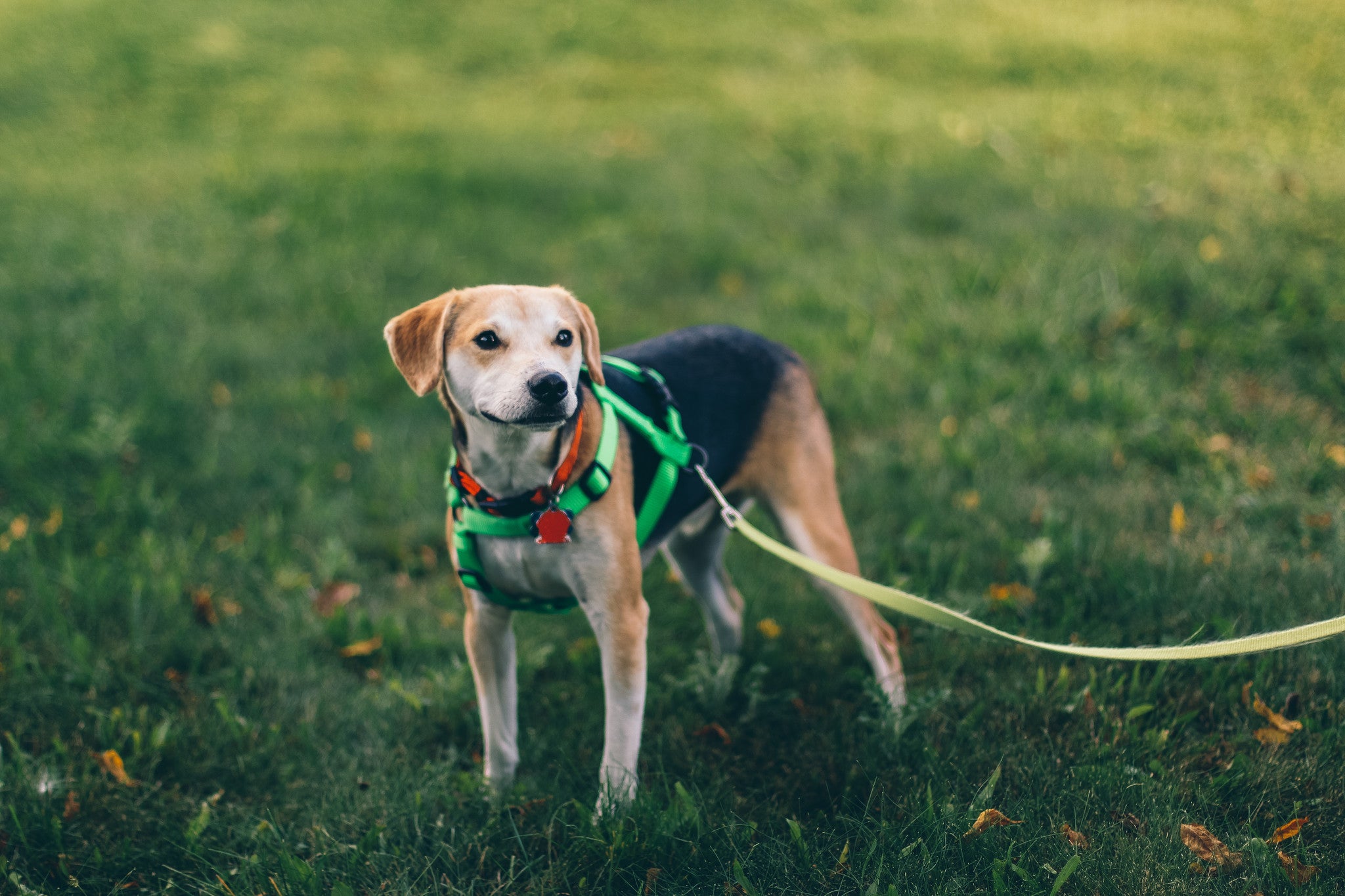Any dog owner has felt a potential lapse in judgment when faced with their dog’s steaming pile of, well, you-know-what. Even though we consciously know it’s our duty to pick up after our pooches, we sometimes don’t, reasoning that “nature will run its course”, or benefitting from the lack of judgment offered by a momentary lack of passersby.
Here’s the thing, not only is picking up your dog’s waste necessary for proper public cleanliness, it’s also a question of public health. That being said, picking up after your dog can be a green act when done correctly. We recently had an informative exchange with our friends at Earth Rated, the foremost producer of biodegradable “poop bags” on the market, which lead us on a quest for knowledge regarding doggy waste and the transformative quality of poop.
First off, there are some important facts that need to come to light concerning pet waste. In an urban setting, dog feces left to their own demise are located in and around sidewalks, streets, and parks. If they are picked up by the city, they will most likely find their way to a landfill. If not, they will remain an eyesore. That being said, picking up after your dog is a matter of healthy cohabitation in that very basic context.
As we delve deeper, we come to understand that your dog’s stool carries darker secrets. The main problem is that dog poop contains harmful bacteria. When un-properly disposed of, the bacteria from the stool can find its way back into our bodies and cause potential harm. This can happen in several ways. First off, unattended waste will eventually disintegrate and work its way into the water table. That being said, urban runoff will flow, untreated, into bodies of water - this means rivers and lakes that serve us in some way will be contaminated by harmful bacterias such as adenovirus, parvovirus, giardia, roundworms and tapeworms.
Luckily, you can transform picking up your dog’s poop into a way of leaving a positive mark on the environment. Once you have cemented in your mind that not picking up after your dog is unthinkable, it all becomes a matter of proper disposal!
The thing to bare in mind is that if your dog’s waste, no matter how safely secured, ends up in a landfill, the point is moot. Thus, you are left with two sensible - and green - options: dog waste composting or flushing.
Composting
Your dog’s waste can find it’s way back to nature by being mixed into the soil of ornamental flower beds once is has been adequately turned to fertilizer. It’s a safe way to give back to the earth when operated properly. Here is a comprehensive and in-depth toolkit offered by the USDA to facilitate the process of transforming your dog’s waste into safe soil additive. You can even band together dog-owners in your neighborhood and explore to possibility of making a collective compost box! It’s a great way of being green.
Flushing
To flush away your dog’s waste is another POSSIBLE option. However, it’s important to double-check the water-treatment limits of your municipality. Most municipalities are not equipped to filter that type of waste (read: the types of bacteria in domestic pet stool) and bags made to contain pet waste are not flushable (e.g.: they can cause plumbing to clog).
In conclusion, always bag your pup’s business, even if you are all alone on a hike in the middle of nowhere. Your dog’s waste is nitrogen-rich, meaning that when it finds its way into a body of water, it will deplete levels of oxygen in the water and put local wildlife in danger. Learning more about ways to properly dispose of your pet’s waste can also double as a way to give back to the planet and practice ways of being mindful of our impact on the environment! Please visit our friends at Earth Rated for more information regarding proper ways to dispose of doggy waste!
Discover our nourishing and sustainable foods for dogs
Discover our goodies



